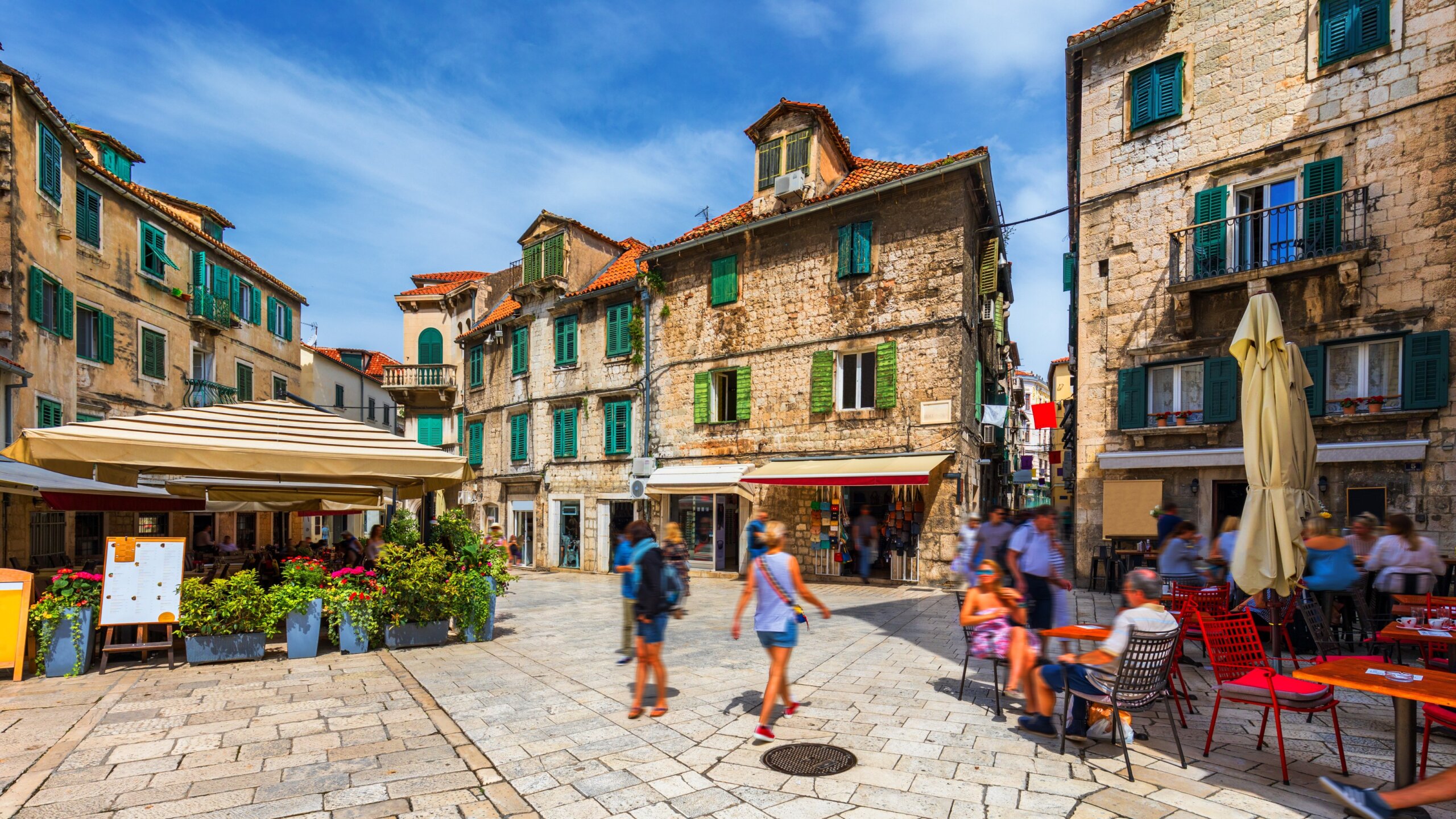
Europe’s timeless beauty draws millions of travelers each year, but many of its most iconic destinations are struggling under the weight of overtourism. From Venice to Santorini, beloved cities are introducing new rules to protect their heritage, limit visitor numbers, and preserve the quality of life for locals. One of the best ways to enjoy these great European cities is to go on a small group tour with a reputable company. They can help you navigate restrictions, gain access to places you might not otherwise see, and uncover the lesser-known, more authentic corners that make each destination truly special. Here are 10 European cities imposing restrictions right now.
Athens, Greece
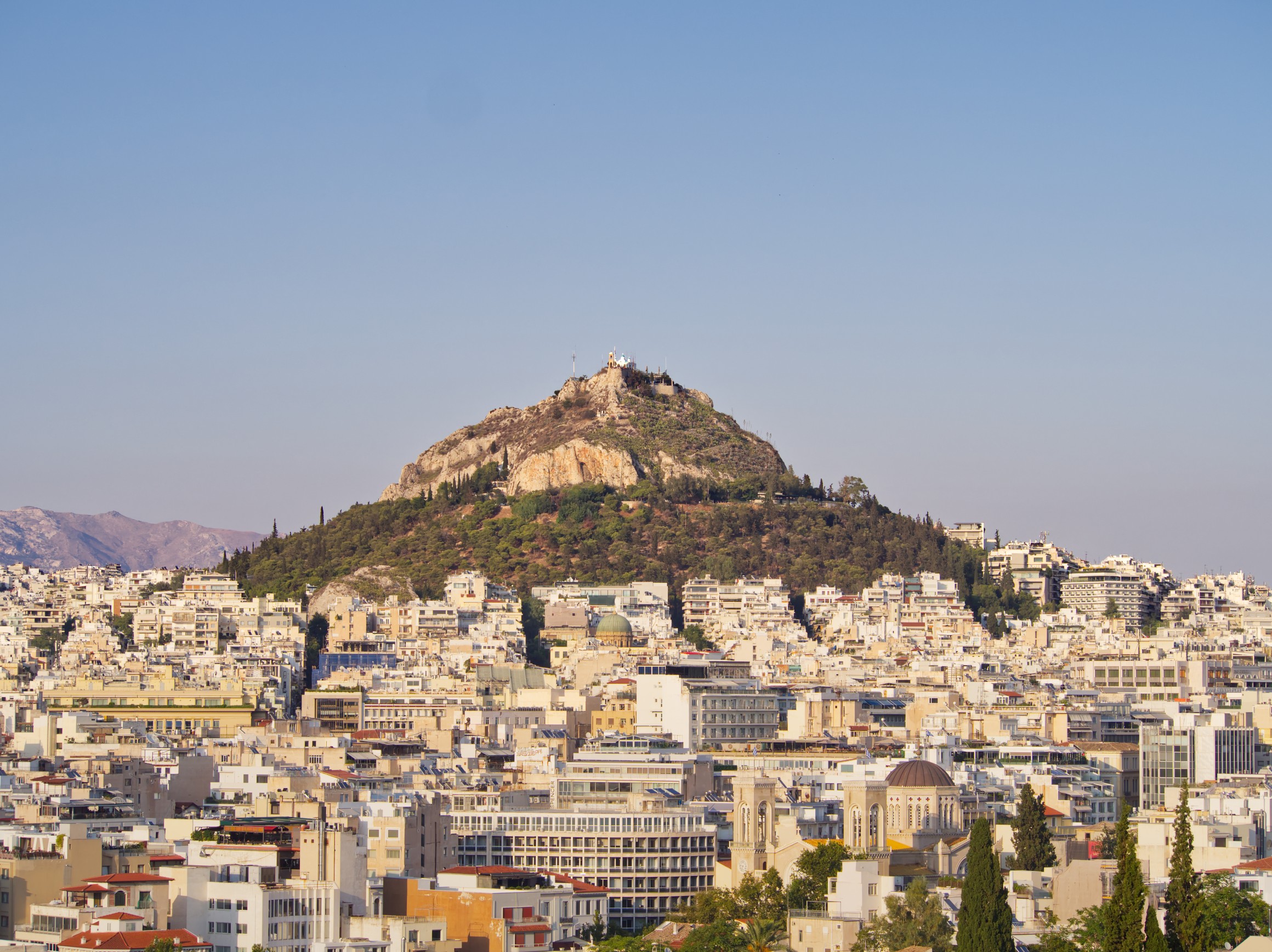
The cradle of Western civilization is feeling the strain of modern tourism. With millions more visitors arriving each year, Athens faces rising rents, pollution, and overcrowding. In response, the city has capped daily access to the Acropolis, paused new short-term rentals, and introduced stricter tourist regulations to protect its heritage.
Dubrovnik, Croatia
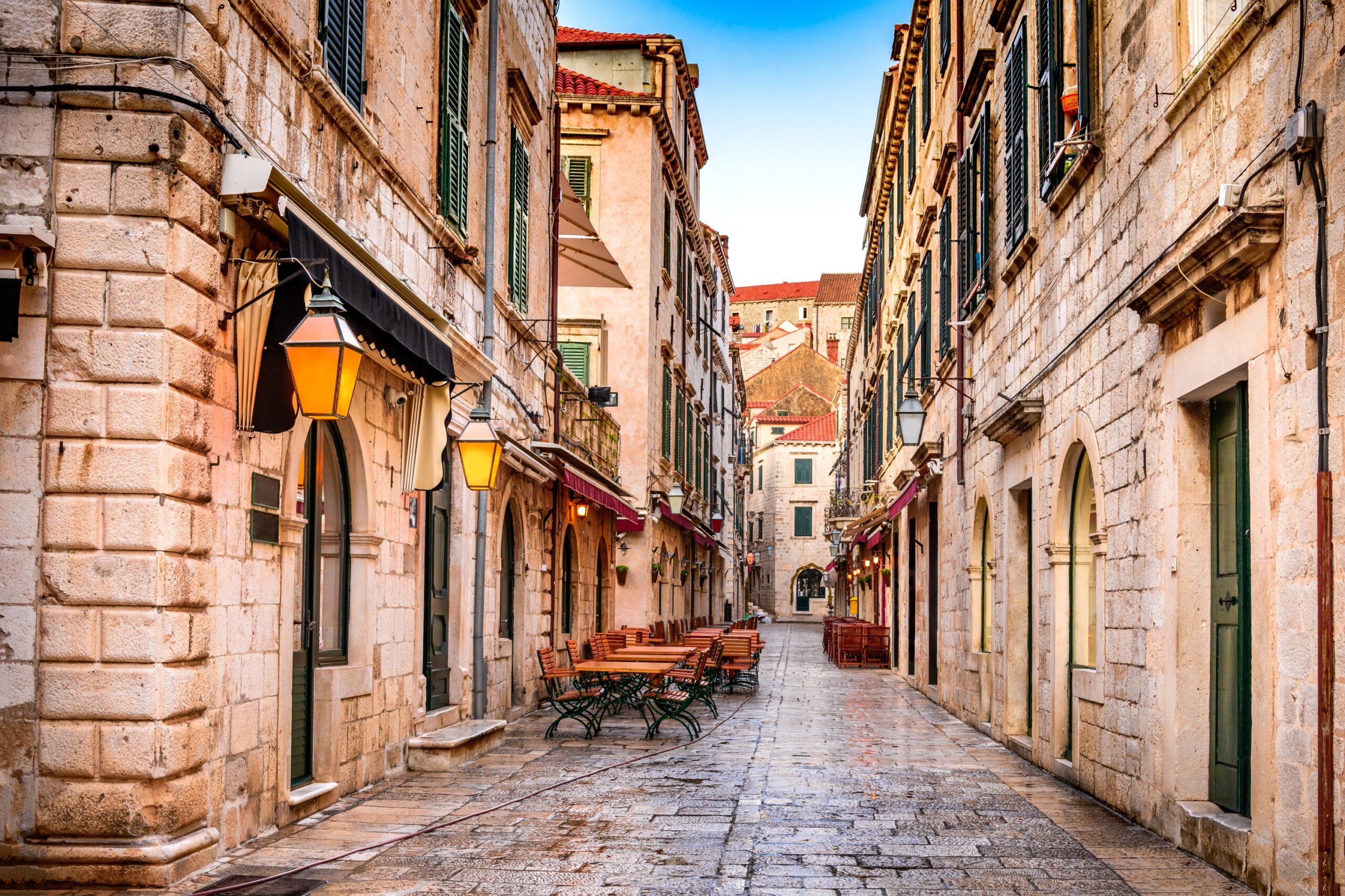
Once a quiet Adriatic capital, Dubrovnik now faces the heavy footprint of its global fame. Tourists outnumber locals many times over, overwhelming the Old Town and driving up housing costs. To preserve its UNESCO heritage, the city has limited cruise ship arrivals, paused new vacation rentals, and launched its “Respect the City” initiative.
Venice, Italy
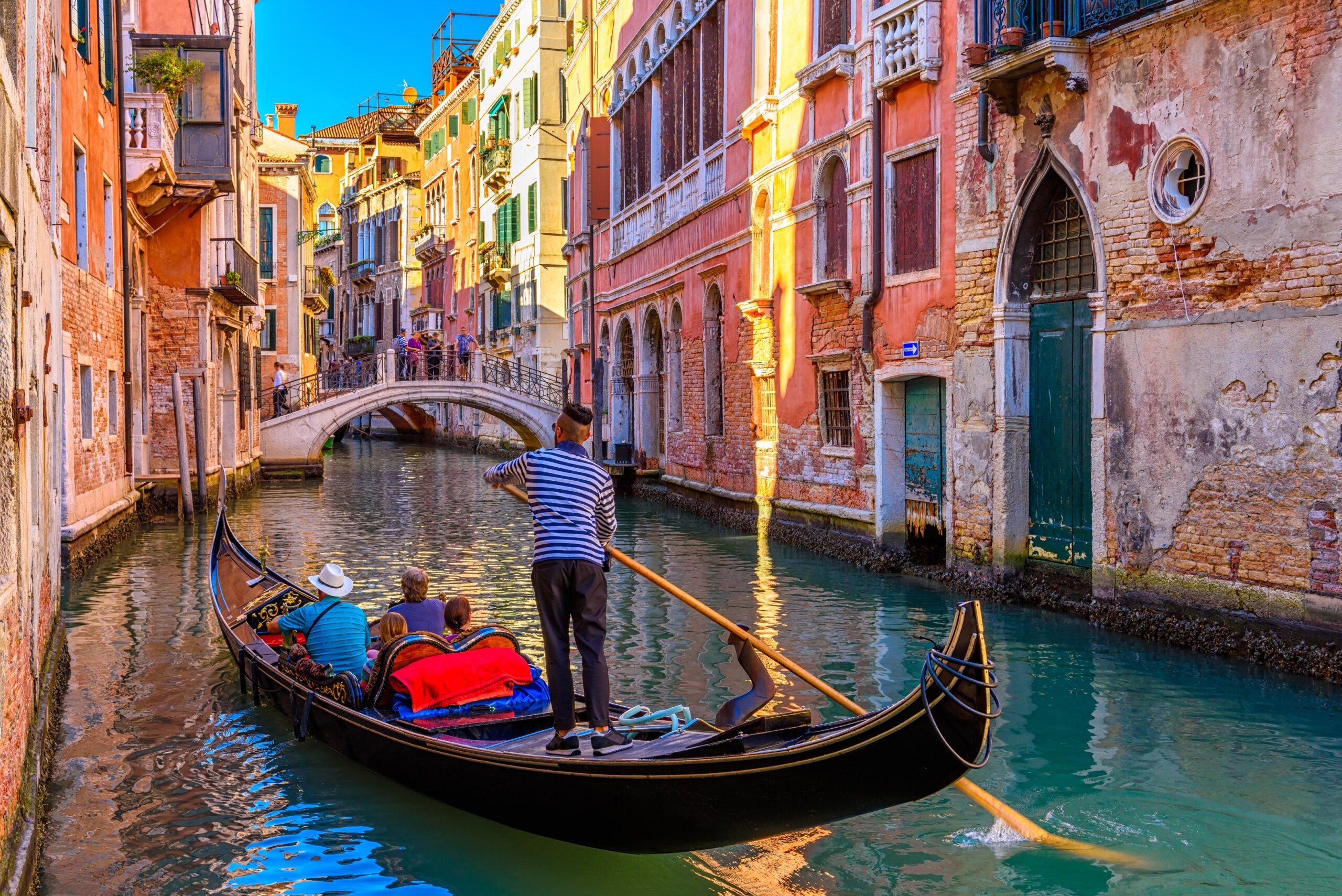
Venice’s beauty is both its blessing and its burden. With around 30 million visitors each year and fewer than 50,000 residents, the city struggles to preserve its delicate balance. Cruise ships are banned from the center, tour groups are restricted, and tourist taxes have been introduced, yet locals still worry about overcrowding and rising short-term rentals threatening daily life.
Lisbon, Portugal
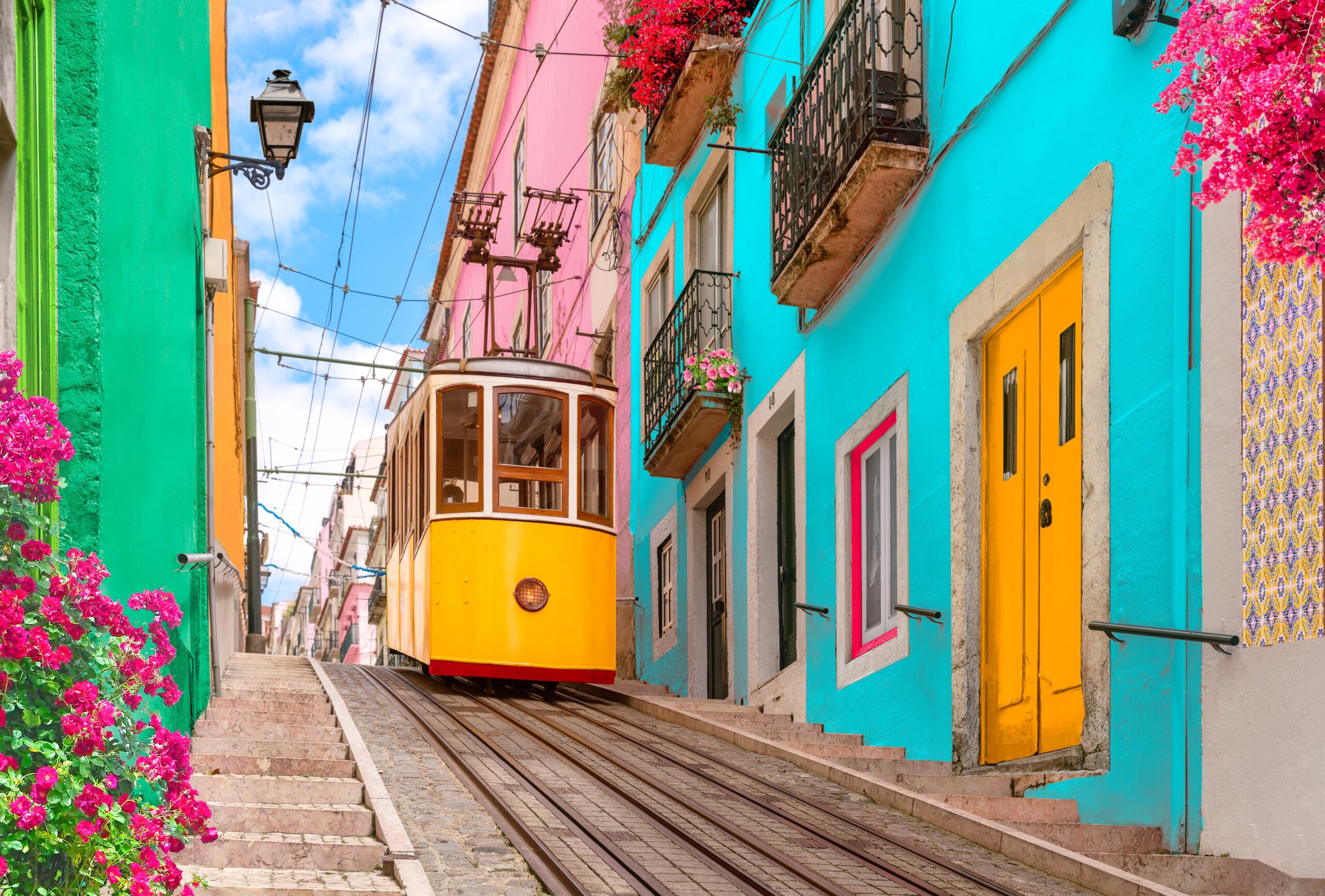
Lisbon’s charm has drawn both tourists and expats in record numbers, transforming the city’s economy and its housing market. Once among Europe’s most affordable capitals, it now faces a severe shortage of long-term rentals. Locals are pushing back, with thousands calling for a referendum to ban short-term tourist apartments in residential areas.
Milan, Italy
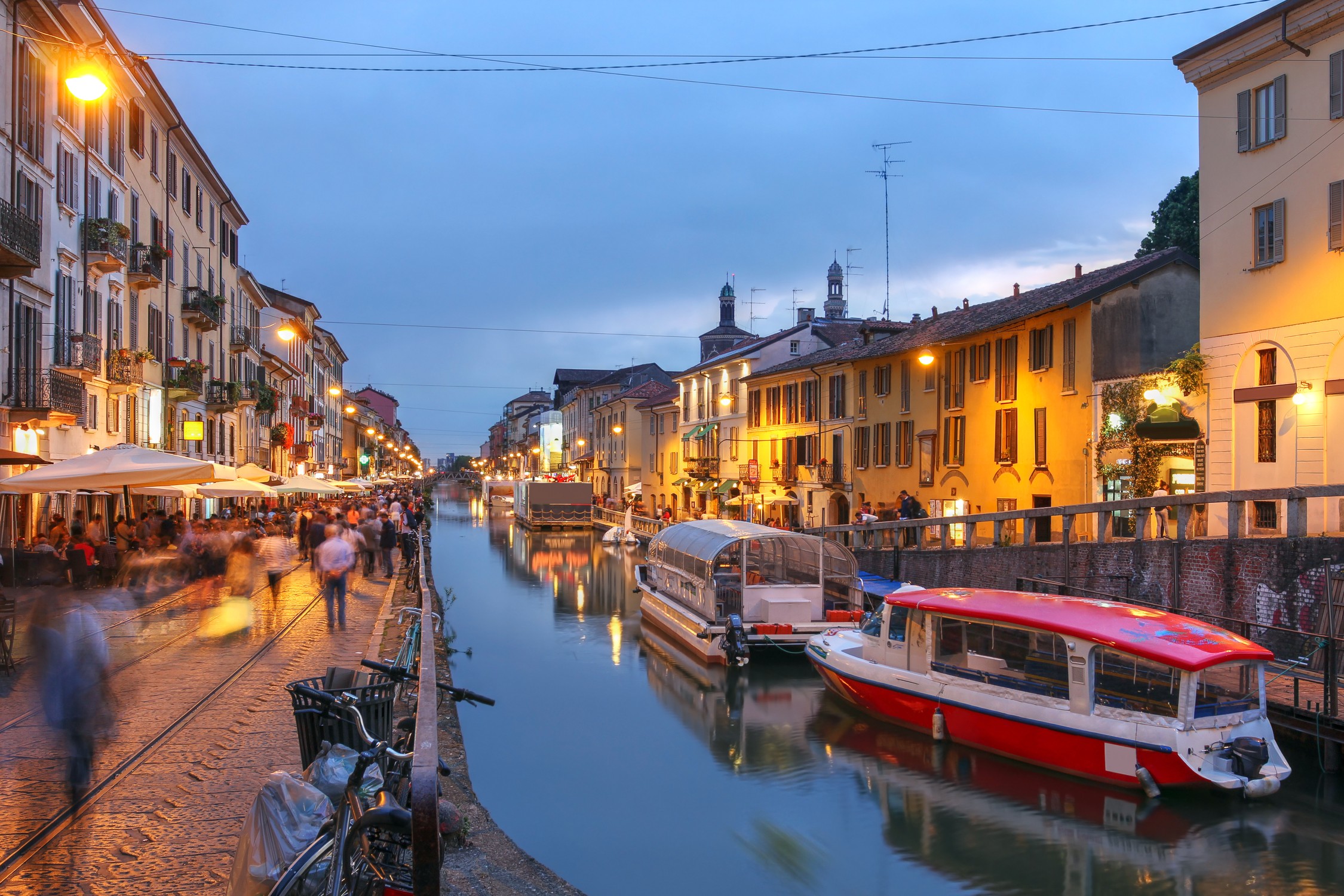
Stylish and sophisticated, Milan welcomes millions more visitors each year than it has residents. Yet not every traveler comes for the fashion or culture. A growing number of late-night revelers have sparked noise complaints, prompting city officials to restrict after-hours alcohol sales and consider curfews on food vendors to restore calm to the streets.
Berlin, Germany
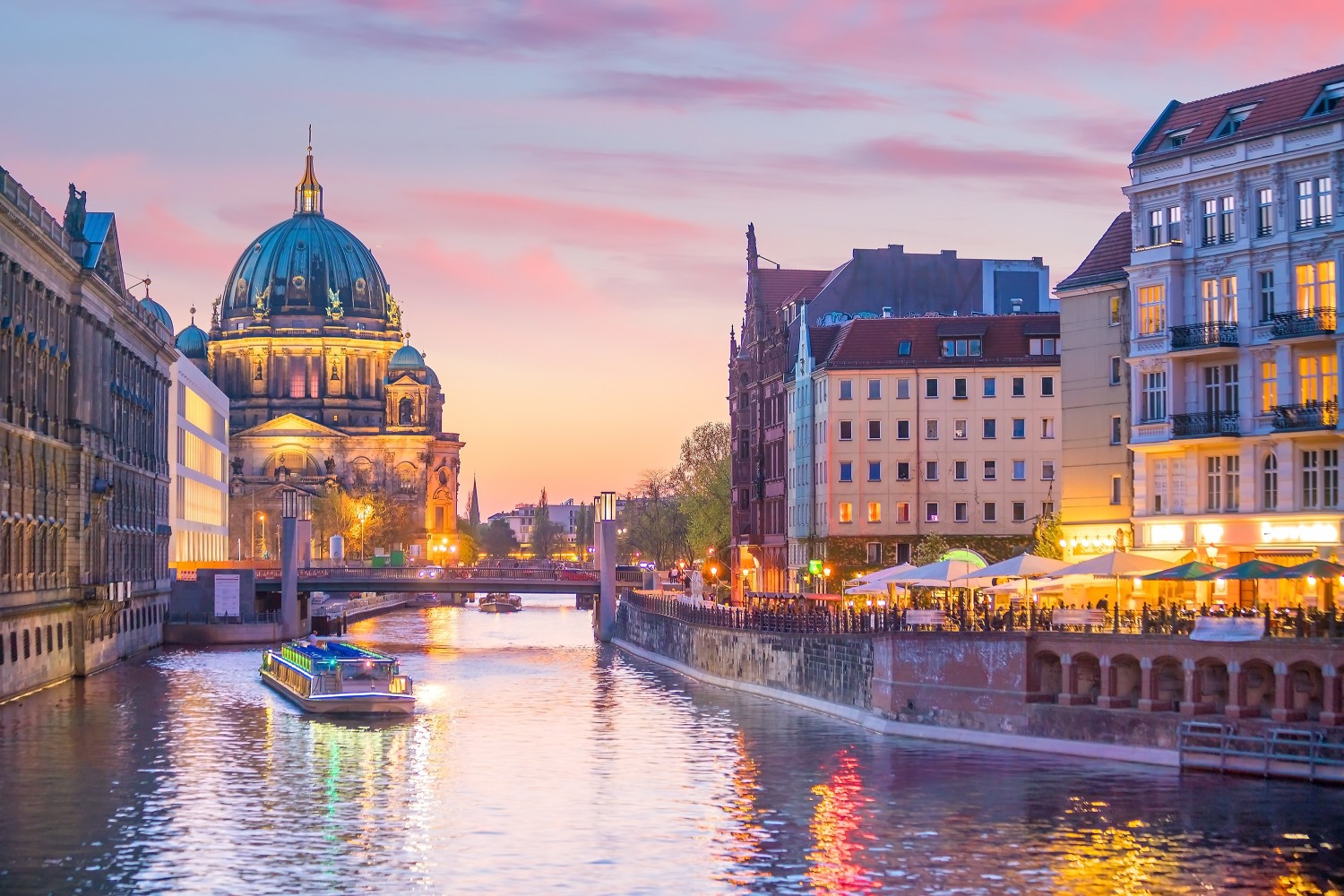
Berlin’s creative spirit and cultural energy draw millions each year, but some neighborhoods are feeling the squeeze. Areas like Kreuzberg, Friedrichshain, and Neukölln face rising noise, litter, and housing pressures tied to short-term rentals. City officials are responding with rental limits, better infrastructure, and efforts to spread tourism more evenly across the capital.
Santorini, Greece
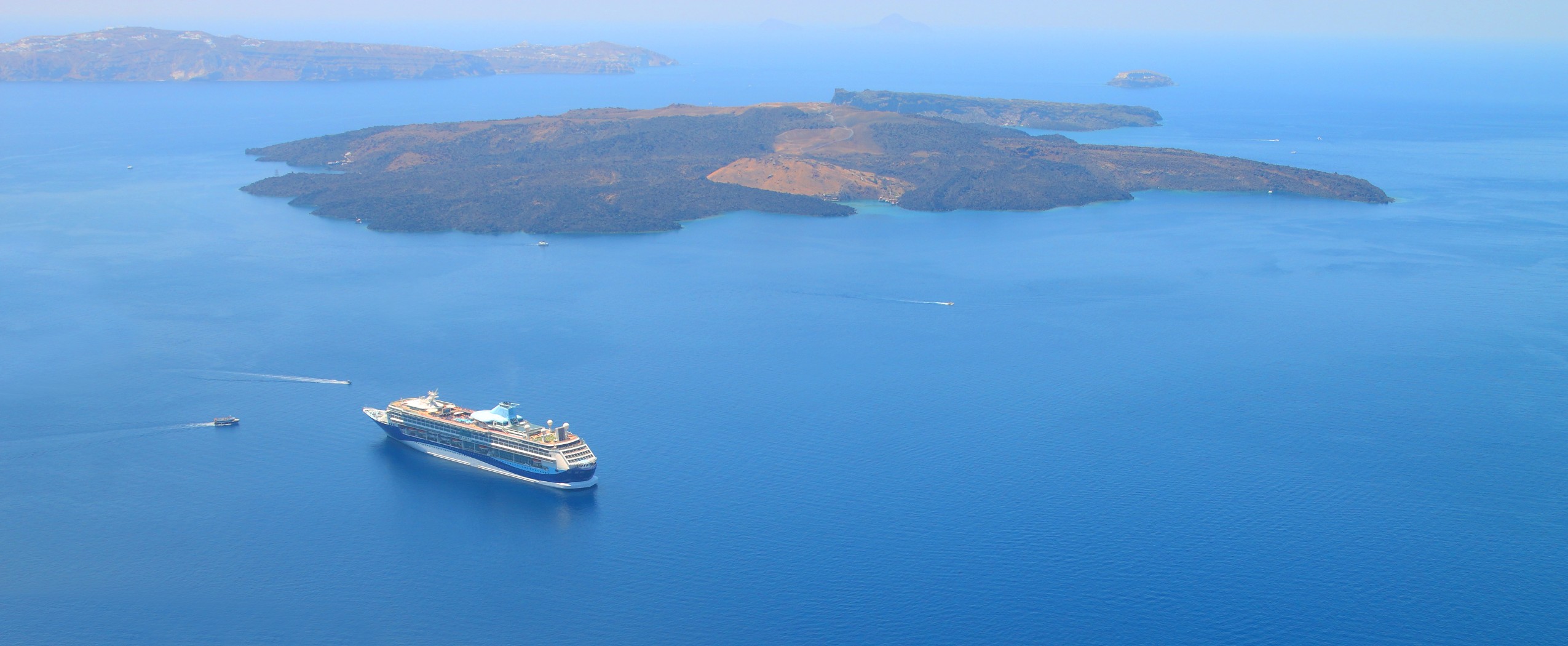
Beloved for its whitewashed villages and sunsets over the caldera, Santorini is straining under the weight of mass tourism. At times, thousands of cruise passengers arrive in a single day, overwhelming the island’s small population. Officials are now planning a visitor levy and restrictions on new construction to help protect Santorini’s fragile landscape and heritage.
Split, Croatia
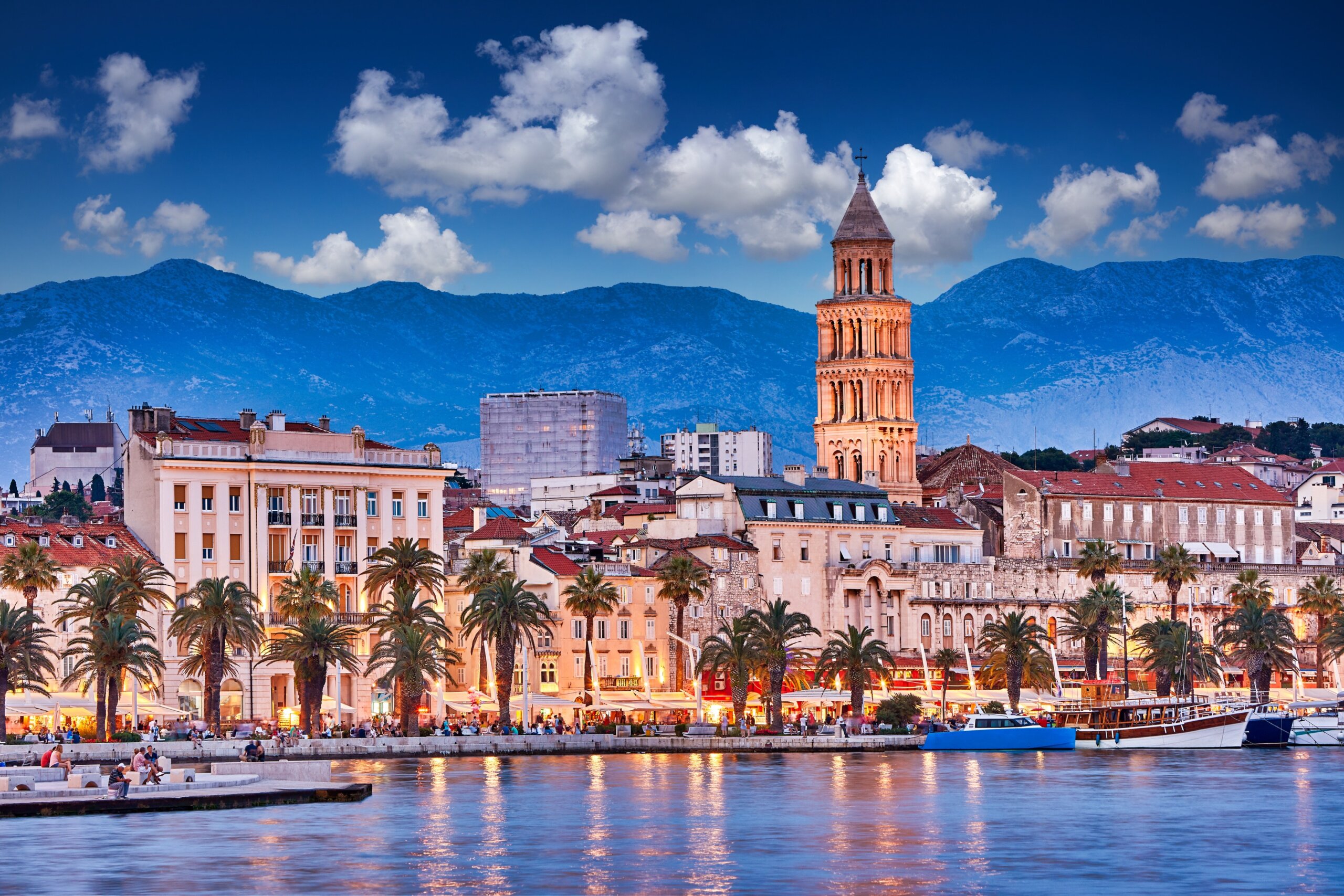
Split’s ancient streets and seaside beauty attract ever-growing crowds, but the rise of party tourism is testing local patience. Late-night revelers, noise, and public misbehavior have become common even near the city’s Roman ruins. Though fines exist, they are rarely enforced, leaving residents feeling displaced in their own UNESCO-listed home.
Barcelona, Spain
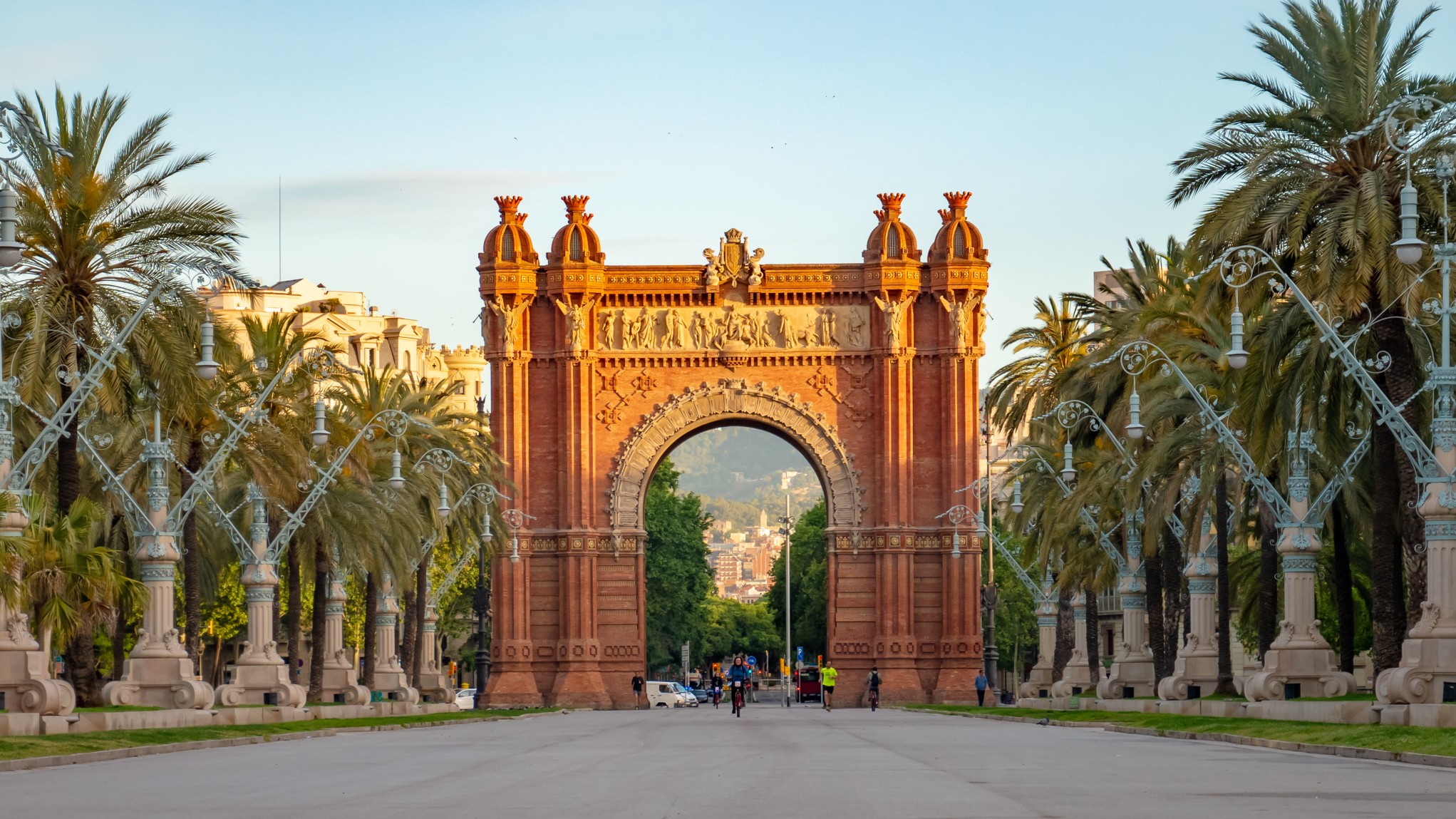
Few cities illustrate overtourism like Barcelona, where 32 million visitors descend on a population of just over one and a half million. Locals blame short-term rentals for soaring housing costs and crowding, and frustration has spilled into the streets. The city is fighting back with higher tourist taxes, cruise ship limits, and a planned ban on vacation apartments by 2028.
Porto, Portugal
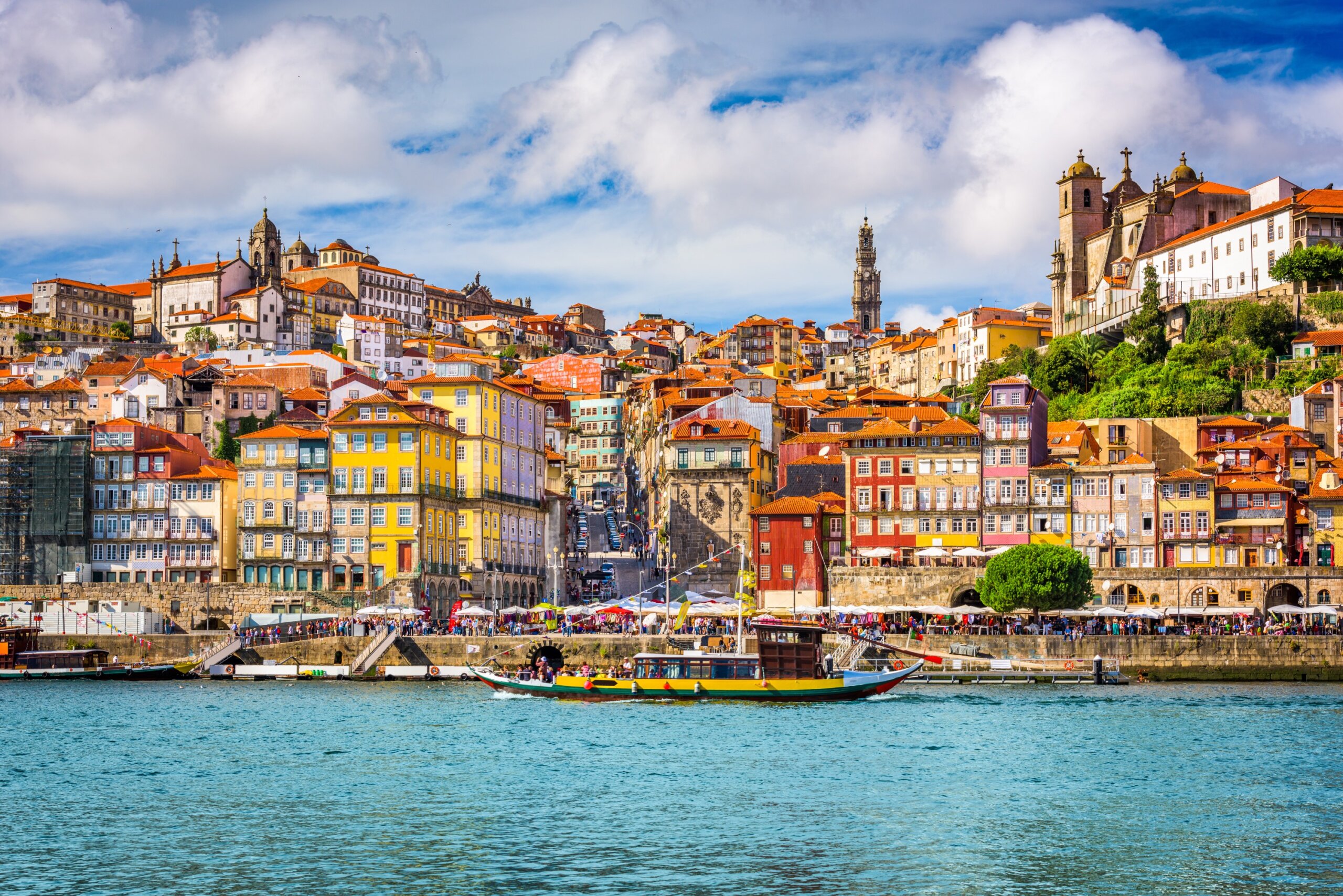
Portugal’s second city has experienced a tourism boom, welcoming more than ten visitors per resident each year. The influx is reshaping the historic center, where local shops are giving way to visitor-focused businesses and housing costs are rising. Porto’s solution focuses on balance, restricting rentals in crowded areas while encouraging travelers to explore lesser-known neighborhoods.
A New Era for European Travel
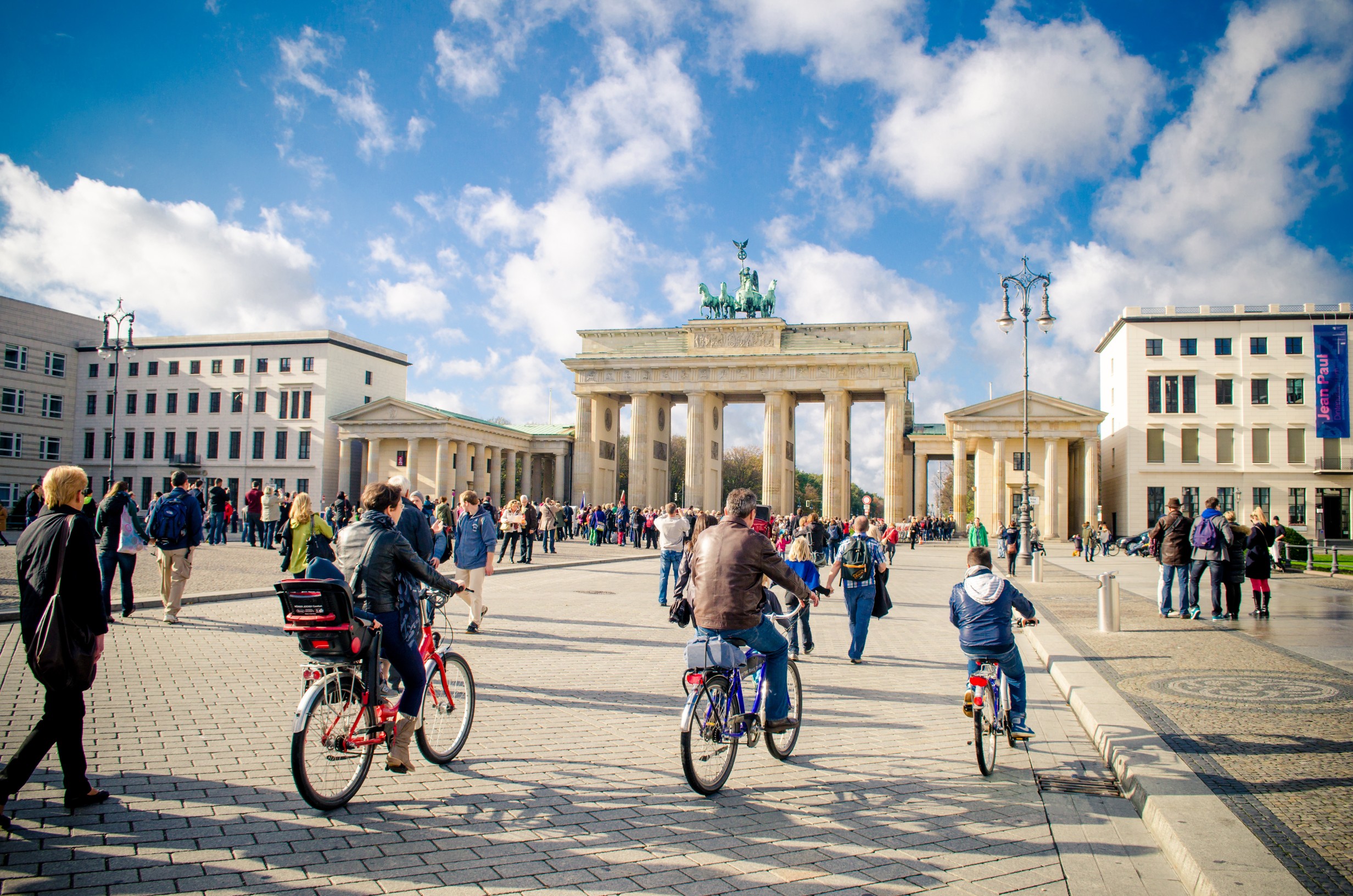
Europe’s iconic beauty is worth preserving and many destinations are taking bold steps to do just that. While travel restrictions may feel inconvenient, they ultimately protect the charm and authenticity that make these places magical. By choosing responsible travel habits, visiting lesser-known areas, and respecting local regulations, you can help ensure Europe’s treasures endure for generations to come.
Planning a responsible trip to Europe? Here are a few more guides that will help you travel smarter and sustainably:
